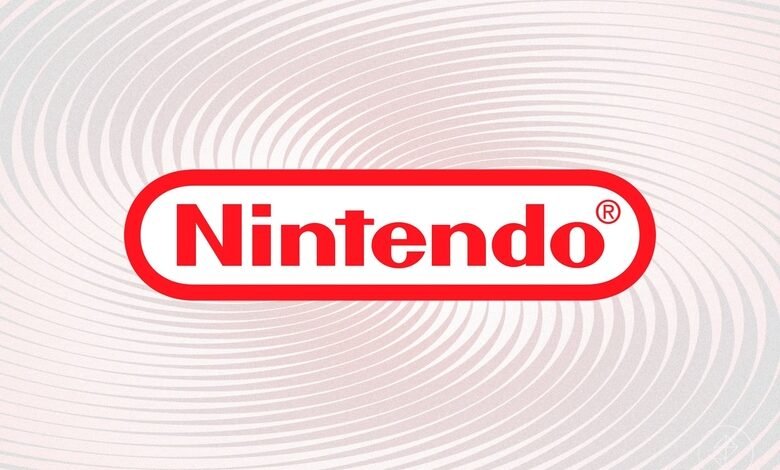Nintendo’s New Plan to Combat Modern Slavery

▼ Summary
– Nintendo has updated its Corporate Social Responsibility report with new details on efforts to prevent modern slavery in hardware and accessory production.
– The company is committed to fighting slave labor, forced labor, child labor, prison labor, and human trafficking in its business and supply chain.
– Nintendo uses a “fabless” production model for its main products, meaning it does not own the manufacturing facilities.
– They establish policies and guidelines to prevent modern slavery and work with production partners to ensure compliance.
– The updated CSR report is available for those interested in learning more about Nintendo’s responsible manufacturing practices.
Nintendo has unveiled a significant update to its Corporate Social Responsibility (CSR) report, detailing a comprehensive strategy aimed at eradicating modern slavery from its hardware and accessory production lines. The company is demonstrating a firm commitment to ensuring ethical practices throughout its entire supply chain, addressing serious issues like forced labor, child labor, and human trafficking head-on.
Because Nintendo operates using a “fabless” production model for its core products, such as video game consoles and their accompanying accessories, it does not directly own the manufacturing plants. This business structure places a greater emphasis on the need for robust policies and strict guidelines that all production partners must follow. The company actively collaborates with these partners to enforce compliance and verify that labor standards meet its stringent ethical requirements.
The updated CSR documentation outlines the specific measures Nintendo is implementing to prevent any form of exploitative labor within its operations. For those interested in reviewing the full details of Nintendo’s responsible manufacturing pledge, the complete report is available for public access.
(Source: Go Nintendo)





